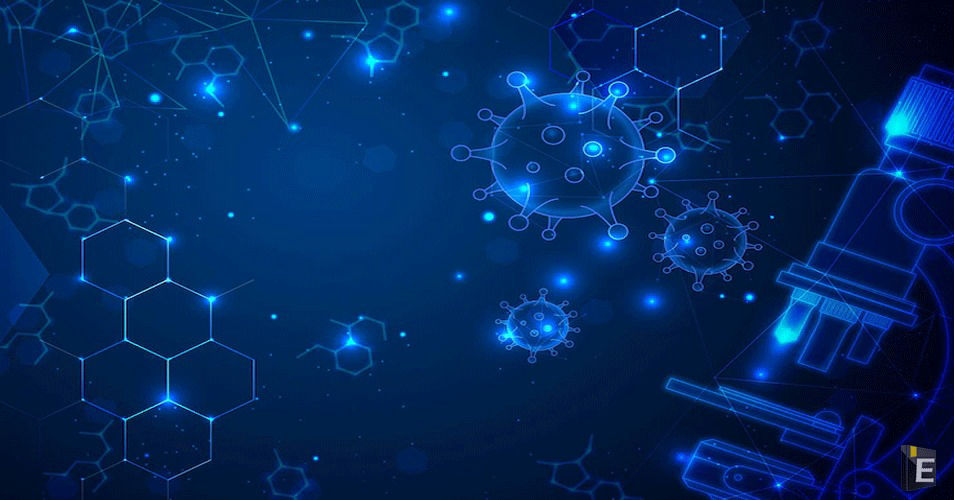General Science Questions and Answers

Well-known Science or Technology is one of the maximum essential channels of understanding and performs a vital function in the education of aggressive examinations. Or we will say that in preferred, General Science consists of a pursuit of expertise that covers trendy truths or the operations of essential legal guidelines. As you know in every exam Chemistry GK, Physics GK, Biology GK and Basic Science questions are asked under General Science Section. These General Science Questions and Answers are very helpful for you.
General Science Questions
Here, I am sharing General Science Questions and Answers for upcoming competitive exams like SSC, RRB and other competitive exams. Aspirants can improve their Chemistry GK, Physics GK, Biology GK and Basic Science to read this General Science Questions and Answers blog.
Also, Read Latest Current Affairs Questions 2022: Current Affairs Today
Students can quickly get free General Knowledge Mock Test and Current Affairs Mock Test on this platform for online exam practice to obtain good marks in competitive exams.
General Science Questions and Answers
Q : Which one of the following is not a multi-cellular organism?
(A) Fungus
(B) Spirogyra
(C) Hydra
(D) Paramecium
Correct Answer : D
Which one of the following is not unicellular?
(A) Yuglina
(B) Amoeba
(C) Aaramecium
(D) Hydra
Correct Answer : D
Micro-organisms act on dead plants to produce _.
(A) Sand
(B) Mushroom
(C) Humus
(D) Wood
Correct Answer : C
Explanation :
Micro-organisms act upon the dead plants to produce a brown or black coloured substance called humus. Humus enriches the soil with minerals and nutrients.
What is a sponge?
(A) Fungus
(B) Fossil
(C) Plants
(D) Cattle
Correct Answer : D
Which of the following is the animal that has a nervous system but no brain?
(A) Crab
(B) Star fish
(C) Leech
(D) Silver fish
Correct Answer : B
What are the changes in the molecules of an object when it is heated?
(A) the speed will increase
(B) weight will decrease
(C) the load will increase
(D) energy will decrease
Correct Answer : A
Explanation :
When heat is added to a substance, the molecules and atoms vibrate faster. As atoms vibrate faster, the space between atoms increases. The motion and spacing of the particles determines the state of matter of the substance. The end result of increased molecular motion is that the object expands and takes up more space.
What happens to the temperature of water when it falls from a height?
(A) decreases
(B) increases
(C) neither decreases nor increases
(D) none of these
Correct Answer : B
Explanation :
The temperature of water increases when it falls from a height because when a water drop reaches the ground surface from a height, its potential energy increases.
he temperature at which ice, water and vapour remain in equilibrium is called?
(A) freezing point
(B) triple point
(C) critical temperature
(D) boiling point
Correct Answer : B
Explanation :
The technical term for this is the triple point of water since at this temperature, not only solid ice and liquid water, but also water vapor coexist. The temperature and pressure conditions that allow a substance's gaseous, liquid, and solid phases to exist in equilibrium is called triple point of the substance.
The application of low-temperature engines is?
(A) submarine propulsion
(B) research on superconductivity
(C) rocket technology
(D) frost free refrigerators
Correct Answer : C
Explanation :
Low-temperature combustion (LTC) is a recent engine technology that can reduce the oxides of nitrogen (NOx) and soot emissions simultaneously while maintaining higher thermal efficiency.
The colour of the sky appears to be blue.
(A) due to diffraction
(B) due to scattering
(C) due to reflection
(D) due to refraction
Correct Answer : B
Explanation :
The sky appears blue to the human eye as the short waves of blue light are scattered more than the other colours in the spectrum, making the blue light more visible.



